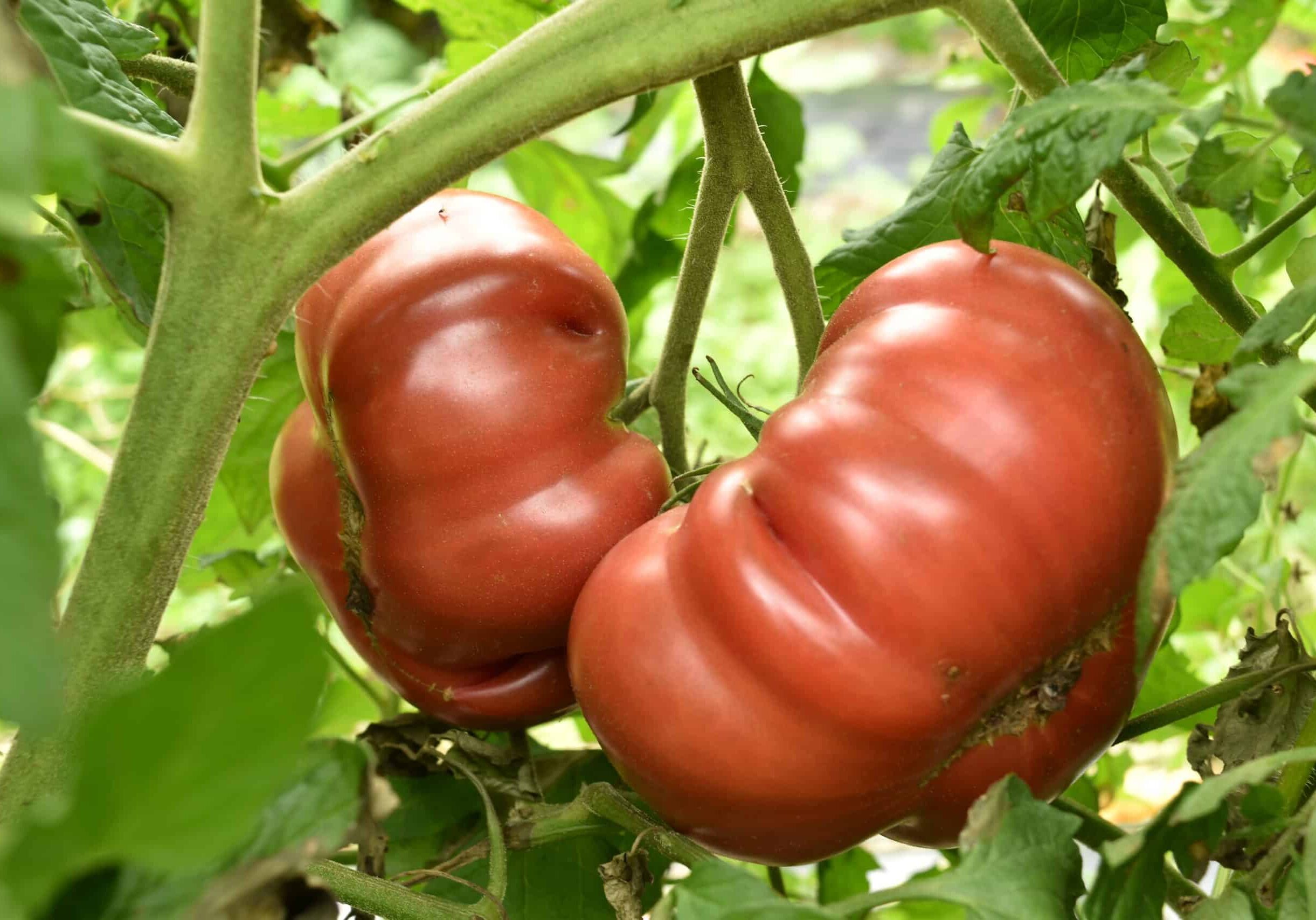How To Grow Your Own Organic Food: A Comprehensive Guide

Imagine biting into a juicy, ripe tomato freshly plucked from your own garden. The burst of flavor, the satisfaction of knowing you grew it yourself, and the peace of mind that comes with eating pesticide-free, homegrown produce. Growing your own organic food is not just a hobby; it's a step towards sustainable living and a healthier lifestyle. Let's dive into the world of urban gardening and discover how you can cultivate your own organic vegetables right at home.
The Benefits of Growing Your Own Organic Food
Growing your own organic food offers a myriad of benefits. Firstly, you have complete control over what goes into your soil and onto your plants, ensuring a pesticide-free diet. Secondly, homegrown produce is fresher and often more nutritious than store-bought alternatives. Lastly, it's a rewarding hobby that connects you with nature and promotes sustainable living.
Getting Started with Organic Gardening
Choosing the Right Location
The first step in organic gardening is selecting the right location. Your garden should receive at least six hours of sunlight daily. Whether you have a sprawling backyard or a small balcony, you can grow organic vegetables. Even a sunny windowsill can be transformed into a mini urban garden.
Preparing Your Soil
Healthy soil is the foundation of a thriving organic garden. Start by testing your soil's pH level. Most vegetables prefer a pH between 6.0 and 7.0. You can adjust the pH with organic amendments like compost, which also improves soil structure and fertility.
Selecting Organic Seeds and Seedlings
Choose organic seeds and seedlings to ensure your garden starts off pesticide-free. Look for varieties that are well-suited to your climate and growing conditions. Popular choices include tomatoes, lettuce, and herbs like basil and parsley.
Essential Tools for Organic Gardening
You don't need a lot of fancy equipment to start your organic garden. Essential tools include a trowel, a rake, gardening gloves, and a watering can. A compost bin is also a great investment, allowing you to turn kitchen scraps into nutrient-rich fertilizer.
Planting and Caring for Your Organic Garden
Planting Techniques
Plant your seeds or seedlings according to the instructions on the packet. Ensure proper spacing to allow for growth and air circulation. Water your plants regularly, but avoid overwatering, which can lead to root rot.
Organic Pest Control
One of the challenges of organic gardening is pest control. Instead of chemical pesticides, use natural remedies like neem oil, diatomaceous earth, or companion planting. For example, planting marigolds can deter nematodes, while basil repels flies and mosquitoes.
Harvesting and Storing Your Produce
Harvest your vegetables when they are ripe and at their peak flavor. Store them properly to extend their shelf life. For instance, tomatoes should be stored at room temperature, while leafy greens should be refrigerated.
Tips for Successful Urban Gardening
Container Gardening
If you're short on space, container gardening is an excellent option. Choose containers with good drainage and use a high-quality potting mix. You can grow a variety of vegetables in containers, from lettuce and spinach to cherry tomatoes and peppers.
Vertical Gardening
Vertical gardening is another space-saving technique. Use trellises, walls, or hanging baskets to grow climbing plants like beans, peas, and cucumbers. This not only saves space but also adds a visually appealing element to your garden.
The Joy of Sustainable Living
Growing your own organic food is a journey towards sustainable living. It reduces your carbon footprint, supports local ecosystems, and promotes a healthier lifestyle. Plus, there's nothing quite like the satisfaction of enjoying a meal made with ingredients you've grown yourself.

Conclusion
Growing your own organic food is a rewarding endeavor that offers numerous benefits. From pesticide-free produce to the joy of sustainable living, organic gardening is a journey worth embarking on. Whether you have a large backyard or a small balcony, you can cultivate your own organic vegetables and reap the rewards of homegrown produce.
So, what are you waiting for? Grab your gardening gloves and get started on your organic gardening adventure today!
FAQs
What are the best vegetables to grow for beginners?
- Some of the easiest vegetables to grow for beginners include lettuce, radishes, tomatoes, cucumbers, and herbs like basil and parsley.
How can I ensure my soil is healthy for organic gardening?
- Test your soil's pH level and amend it with organic matter like compost. Regularly add compost to maintain soil fertility and structure.
What are some natural pest control methods?
- Natural pest control methods include using neem oil, diatomaceous earth, and companion planting. For example, planting marigolds can deter nematodes, while basil repels flies and mosquitoes.
Can I grow organic vegetables in a small space?
- Yes, you can grow organic vegetables in a small space using container gardening and vertical gardening techniques. Choose compact varieties and use high-quality potting mix.
How do I know when to harvest my vegetables?
- Each vegetable has its own signs of ripeness. Generally, you can harvest when the vegetable is at its peak flavor and color. Follow the instructions on the seed packet for specific harvesting times.

0 Response to "How To Grow Your Own Organic Food: A Comprehensive Guide"
Post a Comment